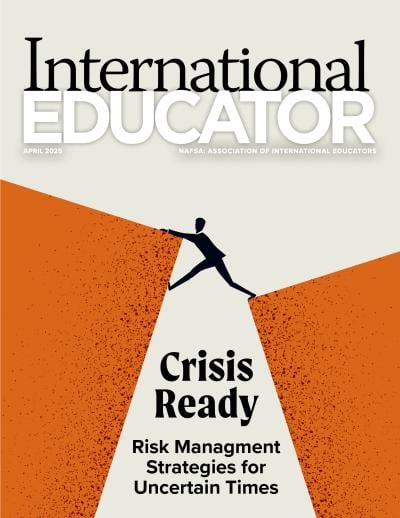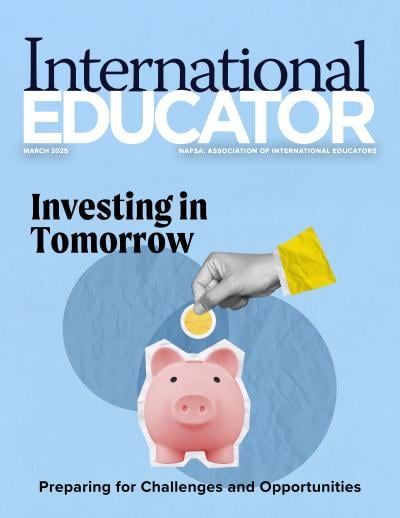Dollars and Sense
The idea of a billionaire CEO at a protest rally might seem incongruous. But there was Google cofounder Sergey Brin, standing in the crowd at San Francisco International Airport on January 28, 2017, demonstrating against U.S. President Donald Trump’s executive order limiting the entry of people from Muslim-majority countries into the United States.
Brin, who was born in Russia and came to the United States when he was 6, told a reporter, “I am here because I am a refugee.” But the tech mogul also had another, more concrete stake in the protest: The travel ban would directly affect his ability to recruit top talent for his company, which employs more than 60,000 people and whose company is worth more than $650 billion.
Those concerns were echoed at other dynamic and powerful corporations: “Apple would not exist without immigration, let alone thrive and innovate the way we do,” Apple CEO Tim Cook wrote in an e-mail to employees; company cofounder and CEO Steve Jobs’s father immigrated from Syria, one of the countries targeted in Trump’s executive order.
CEOs of companies ranging from the Ford Motor Company to Goldman Sachs, Coca-Cola, and G.E. also expressed frustration, puzzlement, and incredulity at the White House’s action, but their underlying commonality was clear: The U.S. economy depends on the fresh energy, diversity of perspective, innovation, and raw intellect of the world’s best and brightest to generate the new ideas that keep the U.S. business sector thriving. The best source of these minds—the magnet that











